The health of our gut plays a vital role in overall well-being, and maintaining a balanced and diverse gut microbiota is essential for optimal digestion and immune function. One key component in promoting gut health is dietary fiber, and grains are an excellent source of this essential nutrient. This article explores the relationship between grains and gut health, focusing on the importance of fiber and its impact on digestive health.
The Role of Fiber in Gut Health
Dietary fiber refers to the indigestible portion of plant-based foods that passes through the digestive system relatively intact. While our bodies cannot break down fiber, it serves as a crucial fuel source for the beneficial bacteria residing in our gut. Fiber acts as a prebiotic, nourishing the gut microbiota and supporting the growth of beneficial bacteria that contribute to a healthy gut ecosystem.
Types of Fiber in Grains
Grains are an abundant source of dietary fiber, consisting of two main types: soluble and insoluble fiber. Soluble fiber forms a gel-like substance when mixed with water, aiding in the regulation of cholesterol levels and promoting a feeling of fullness. Insoluble fiber, on the other hand, adds bulk to the stool and facilitates regular bowel movements. Both types of fiber are important for gut health and should be included in a well-balanced diet.
Benefits of Fiber for Gut Health
- Improved Digestive Function: Adequate fiber intake promotes regular bowel movements and helps prevent constipation by adding bulk to the stool. This supports the smooth passage of waste through the digestive system.
- Enhanced Nutrient Absorption: Fiber helps maintain a healthy gut environment, allowing for improved absorption of essential nutrients, such as vitamins and minerals, by promoting optimal gut bacteria balance.
- Reduced Risk of Digestive Disorders: A high-fiber diet has been associated with a lower risk of developing digestive disorders, including diverticulosis, hemorrhoids, and irritable bowel syndrome (IBS).
- Increased Satiety and Weight Management: High-fiber foods, including whole grains, tend to be more filling, promoting satiety and reducing the likelihood of overeating. This can aid in weight management and support a healthy body weight.
Incorporating Grains for Gut Health
- Choose Whole Grains: Opt for whole grains such as brown rice, quinoa, oats, whole wheat, and barley, which retain the bran, germ, and endosperm, providing higher amounts of fiber compared to refined grains.
- Start the Day with Whole Grain Breakfast: Enjoy a fiber-rich breakfast by incorporating whole grain cereals, oats, or whole grain bread into your morning routine.
- Mix Grains in Meals: Combine different grains in meals to diversify your fiber intake. For example, mix quinoa and brown rice or incorporate bulgur wheat in salads or stir-fries.
- Snack on Whole Grain Options: Choose whole grain snacks such as air-popped popcorn, whole grain crackers, or homemade granola bars to increase your daily fiber intake.
- Experiment with Ancient Grains: Explore nutrient-dense ancient grains like amaranth, millet, or teff, which offer unique flavors, textures, and nutritional profiles, further diversifying your fiber intake.
- Read Food Labels: When purchasing grain-based products, read food labels carefully to ensure they contain whole grains and are not primarily made from refined grains.
Grains are an integral part of a healthy diet, particularly when it comes to promoting gut health. The high fiber content in grains supports a diverse and balanced gut microbiota, improving digestion, nutrient absorption, and overall well-being. By incorporating a variety of whole grains into our meals, we can harness the power of fiber to cultivate a healthy gut environment and enjoy the numerous benefits of optimal digestive health.
Image by Manfred Richter from Pixabay
Grains, Beans, and Lentils
-

Why Grains Can Make Your Gut Healthy and Happy
The health of our gut plays a vital role in overall well-being, and maintaining a balanced and diverse gut microbiota is essential for optimal digestion and immune function. One key component in promoting gut health is dietary fiber, and grains are an excellent source of this essential nutrient. This article explores the relationship between grains…
-

The Power of Oatmeal: Tips for Choosing the Best Option
-

Lentils Can Improve Your Heart Health
-

Creative Ways to Cook and Enjoy Lentils in Everyday Meals
-

Debunking Common Myths about Gluten: Separating Fact from Fiction
-

How Lentils in Your Diet Can Help Shed Extra Pounds
-

How to Consume Whole Grains For Heart Health: Examining the Link and Best Dietary Practices

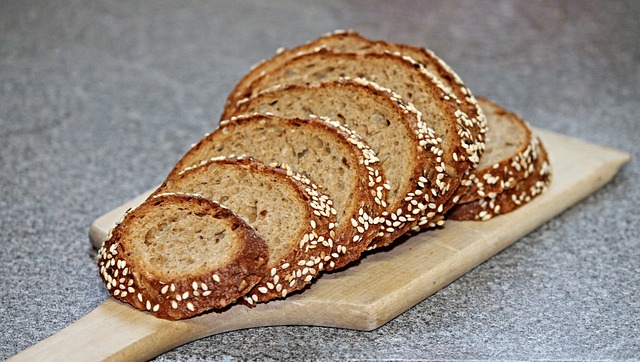
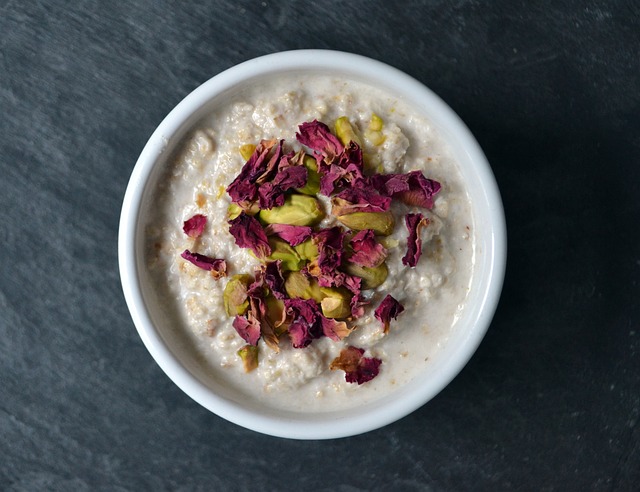

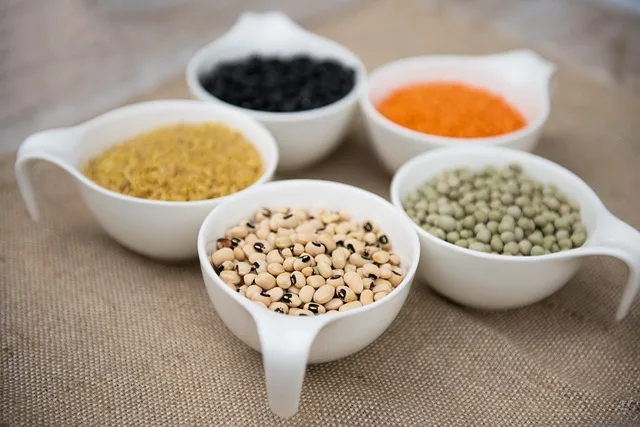

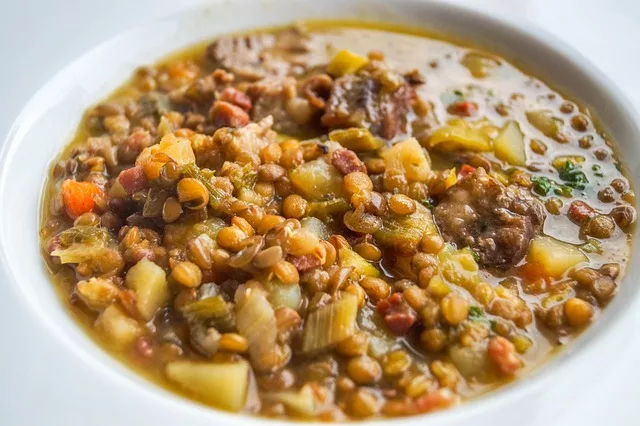
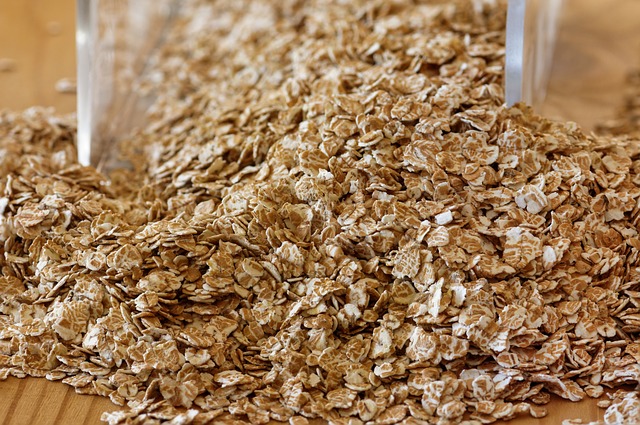
Leave a Reply